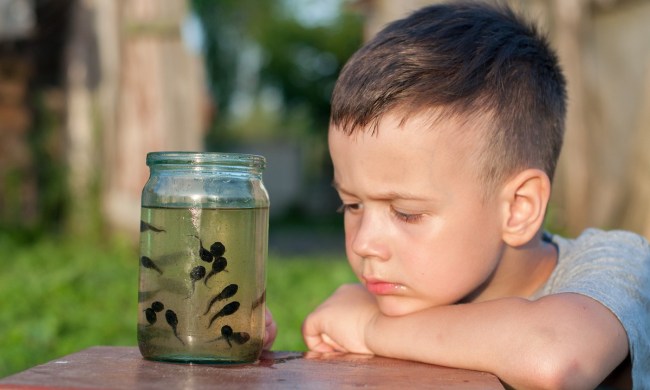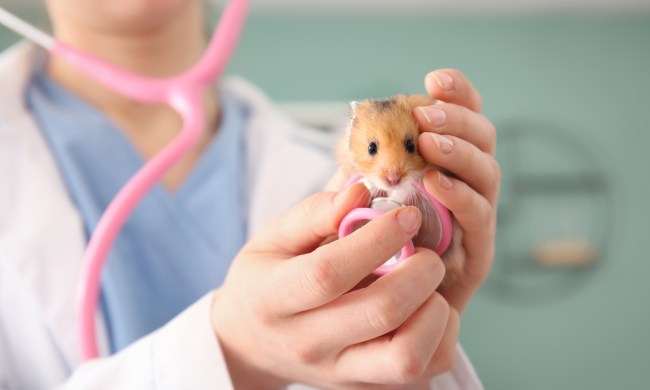Pets can enhance a child’s life, teaching them important lessons about love, responsibility, and caring for an individual. But when it comes to children and pets, the safety of both parties is always a concern. With careful guidance and supervision, even toddlers can have one, but it’s important to put plenty of thought into choosing the right pet for your children. If you’d like to add a pet to your home with young kids, the following pets could be a good choice.
Fish
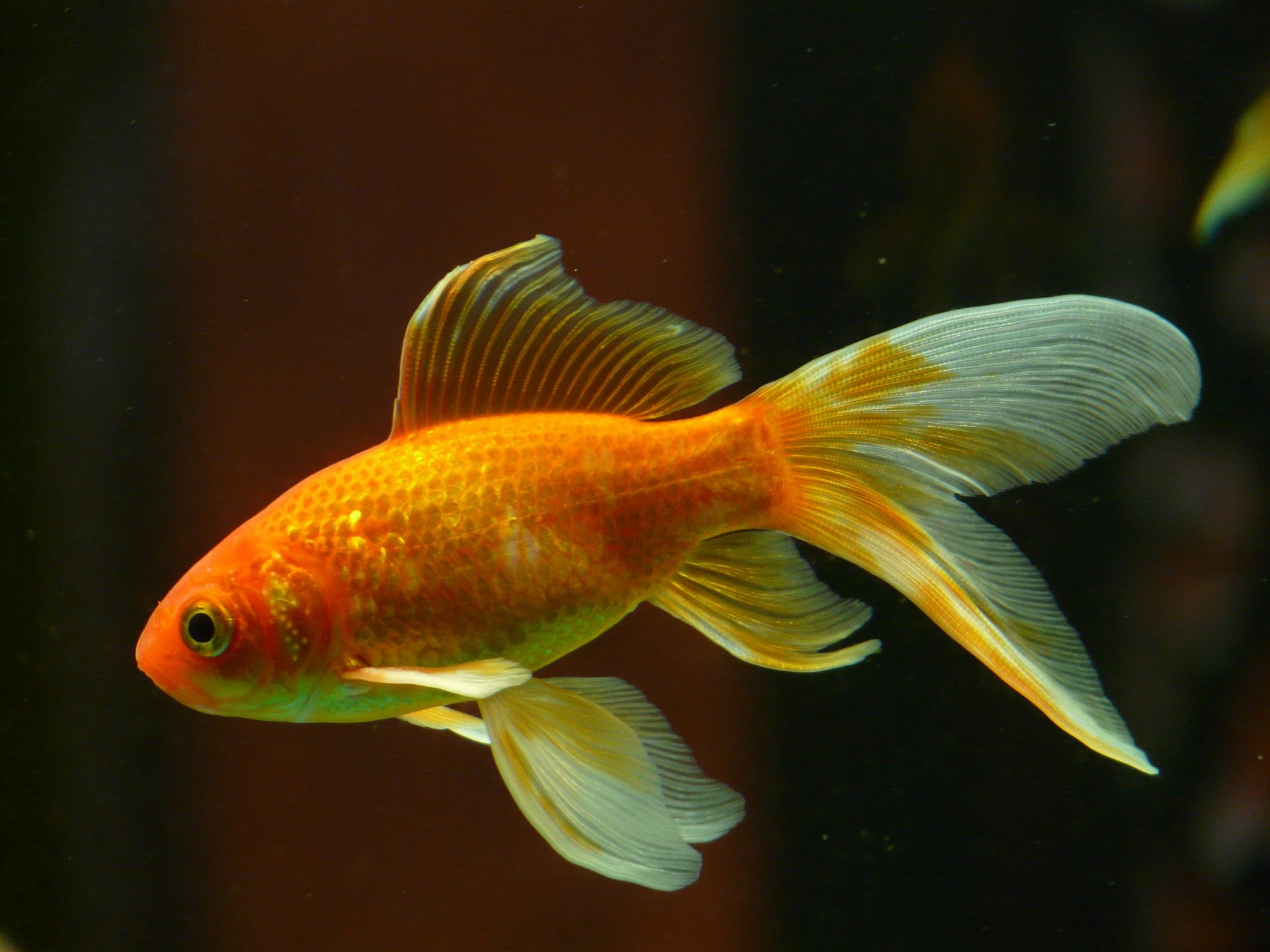
Fish are perhaps the best pet for toddlers and young kids. Kids can watch and feed their fish, and fish are relatively easy to care for. Because fish aren’t handled and played with like other pets, they can be perfect for young kids who are still learning how to interact with pets gently.
Rats
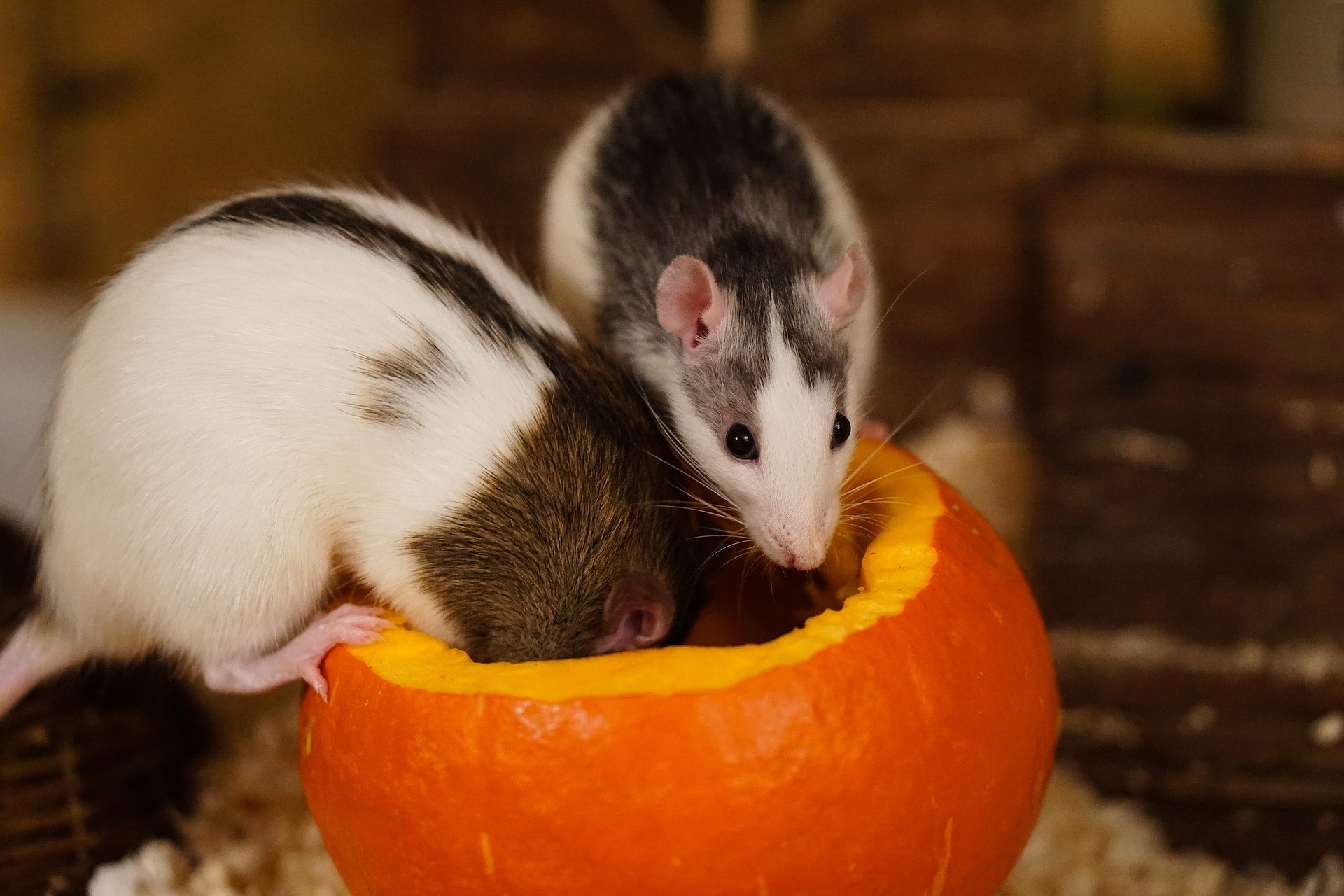
Rats tend to be highly social, making them great pets for families. They’re also larger than hamsters and mice, making it easier for a toddler to pat them while an adult holds them. Rats often do best when living in pairs, and they require minimal care. Rats are also affordable and widely available, making them an easily accessible first pet.
Guinea pigs
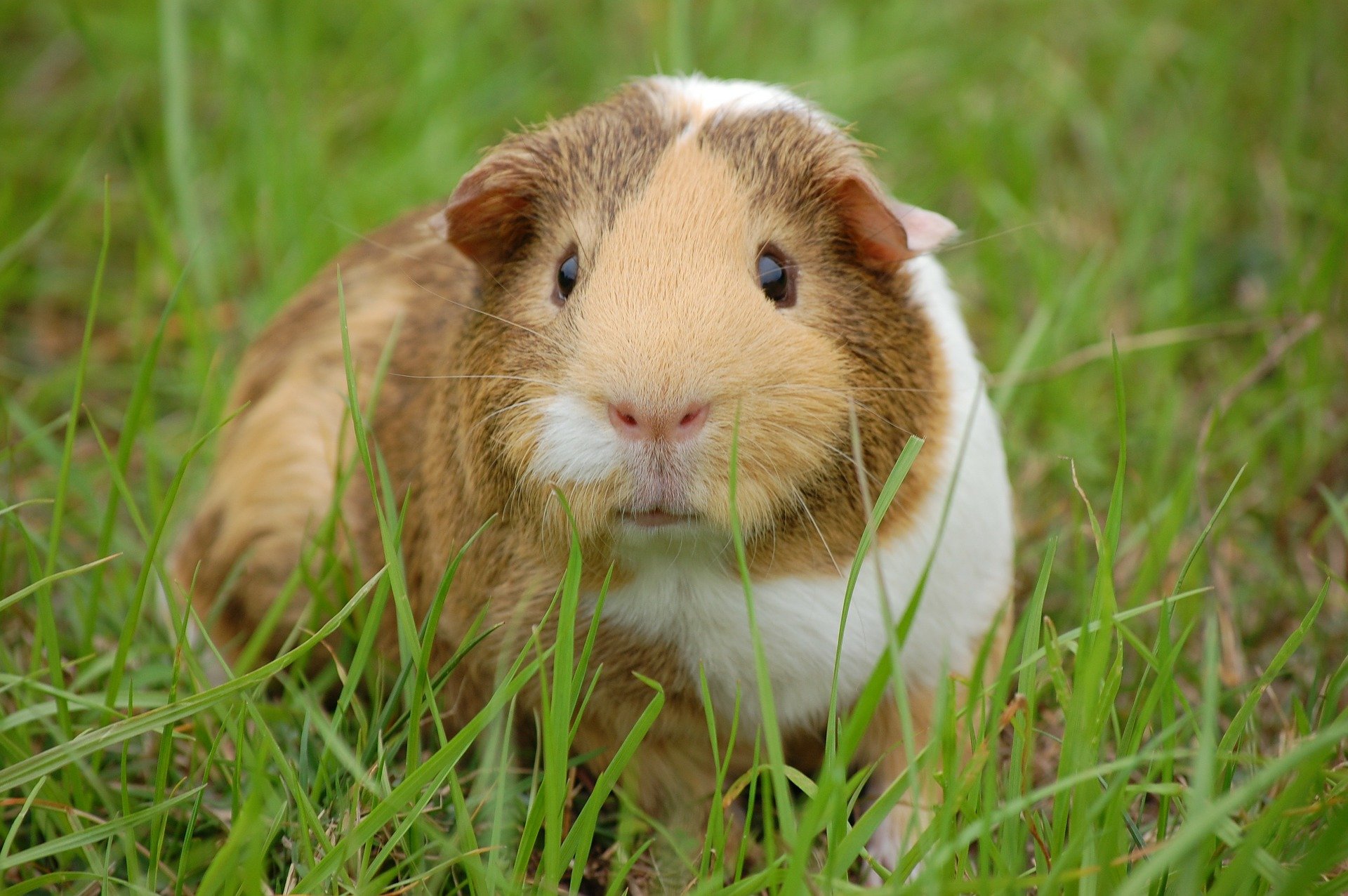
Guinea pigs can be excellent pets for young kids. They tend to be naturally friendly and social, and their size makes them easier for littler kids to pick up and interact with than smaller pets like hamsters and gerbils.
Dogs
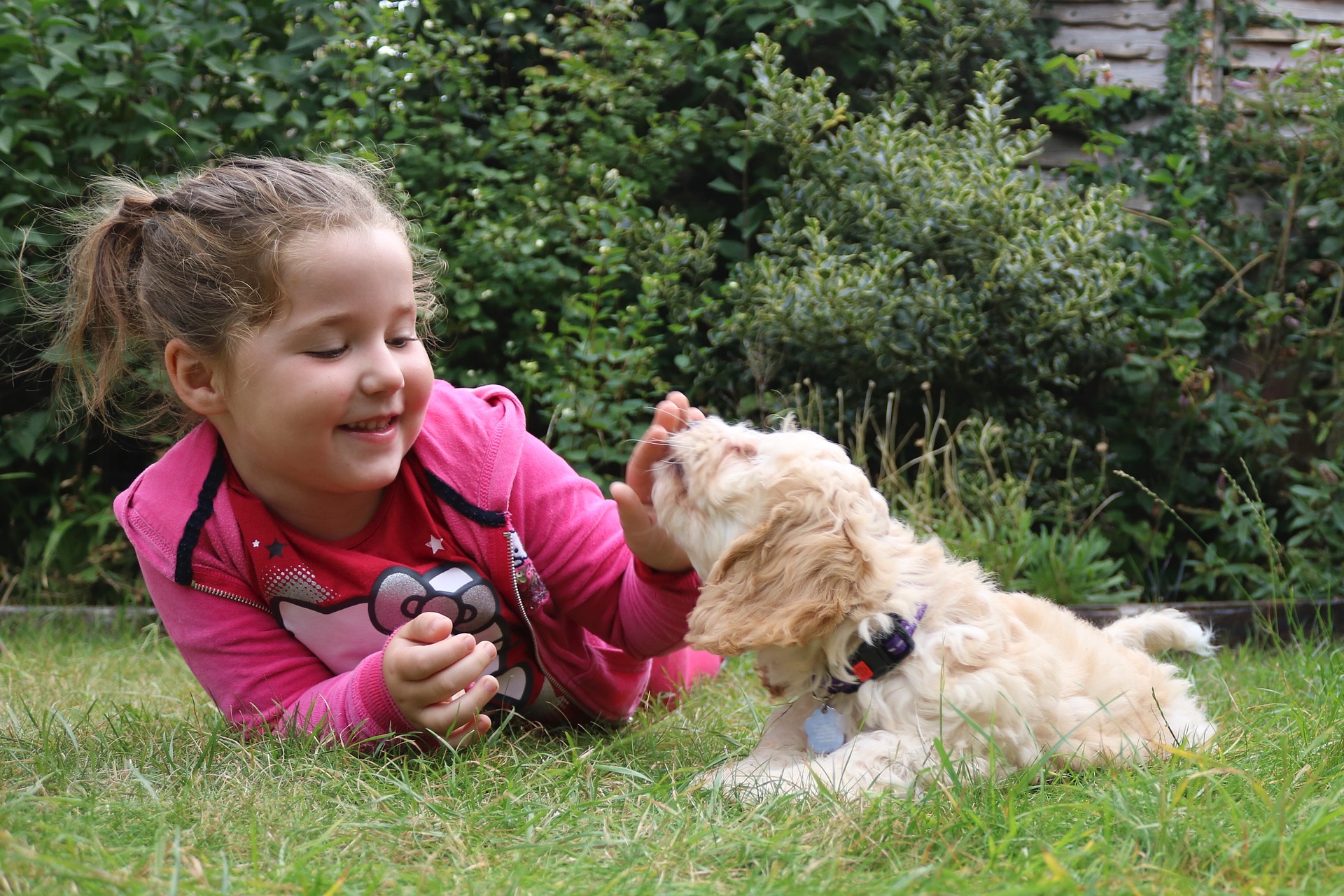
Many dogs do well with kids as long as children are appropriately supervised. From playing to cuddling to taking a walk together, kids and dogs can share many experiences. Dogs have longer life spans than many smaller pets, so your kid can grow up alongside this type of pet.
Rabbits
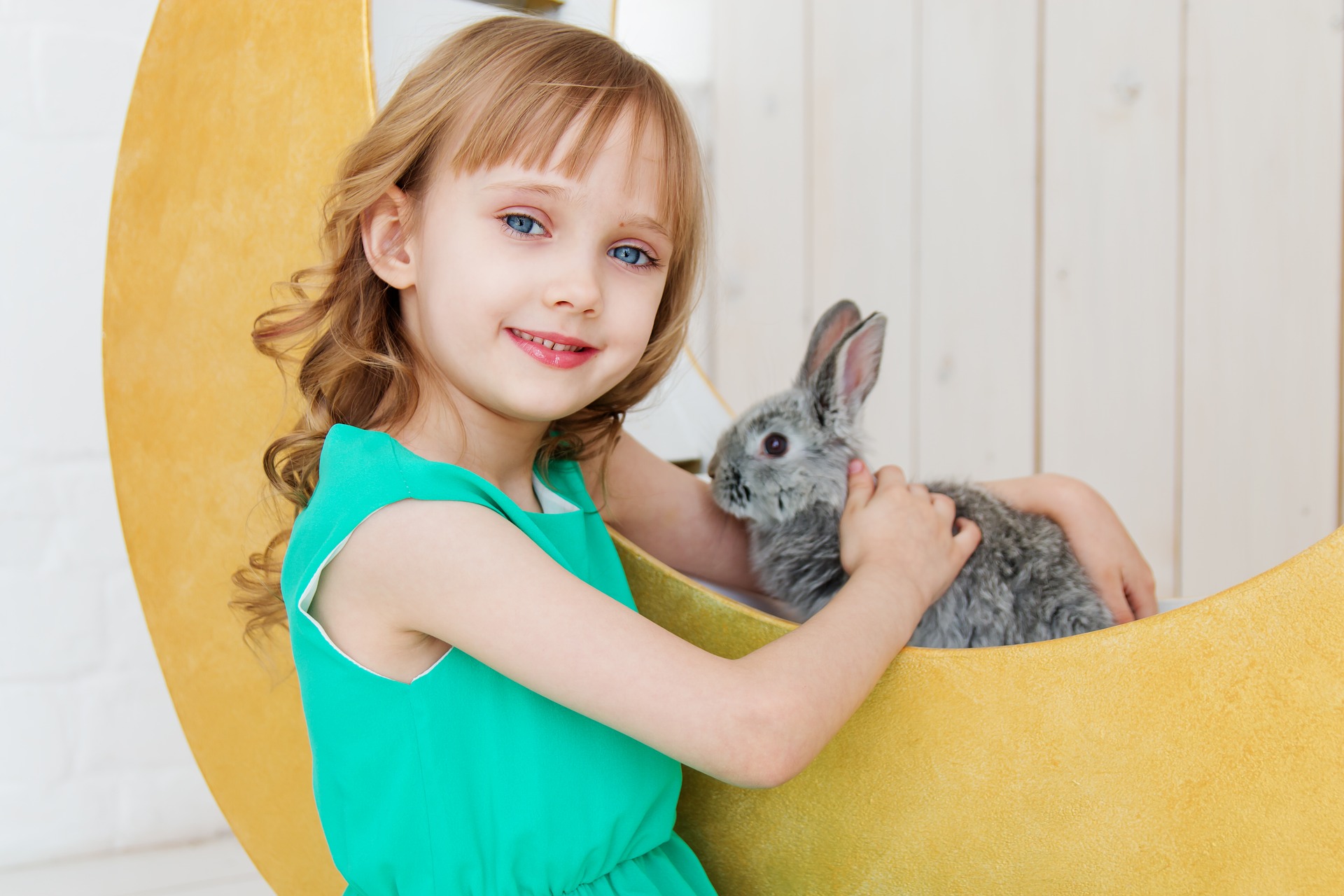
Are bunnies good pets for toddlers? It depends on the rabbit. A rabbit that’s been socialized since birth and that is a larger breed may do well around kids, but some rabbits aren’t highly social with people and might be frightened by a child’s quick movements. Larger-breed rabbits do require generous cage space and plenty of time to roam around and stretch their legs, so this pet won’t be ideal for all families.
Turtles
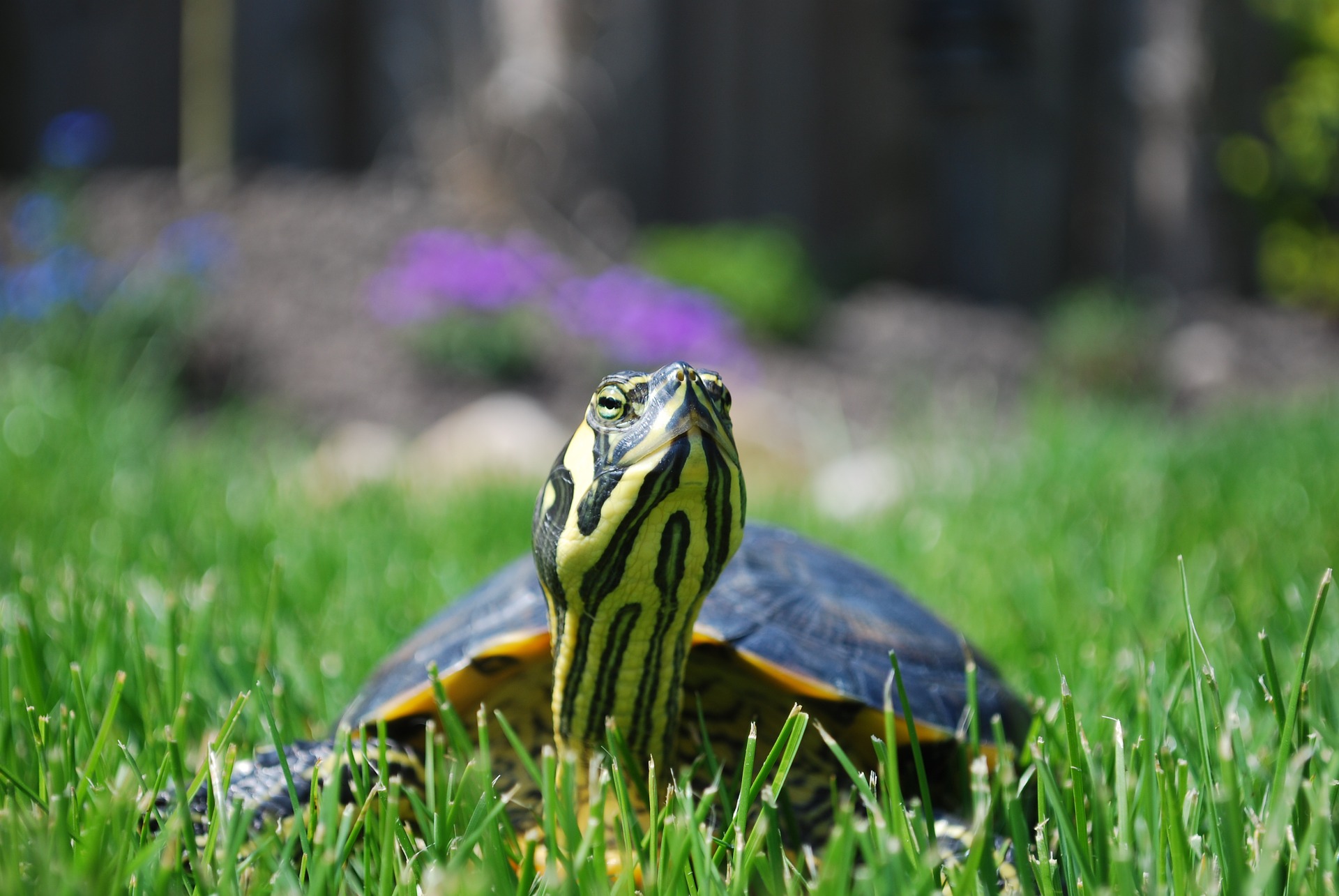
Some kids may enjoy having a turtle as a pet. Turtles can be fun to observe, and a turtle can be kept safely in its tank until an adult is available to supervise a child handling it. Turtles require a bit more care than other small pets like rats, so it’s best if an adult in the home is already familiar with caring for this type of pet.
Cats
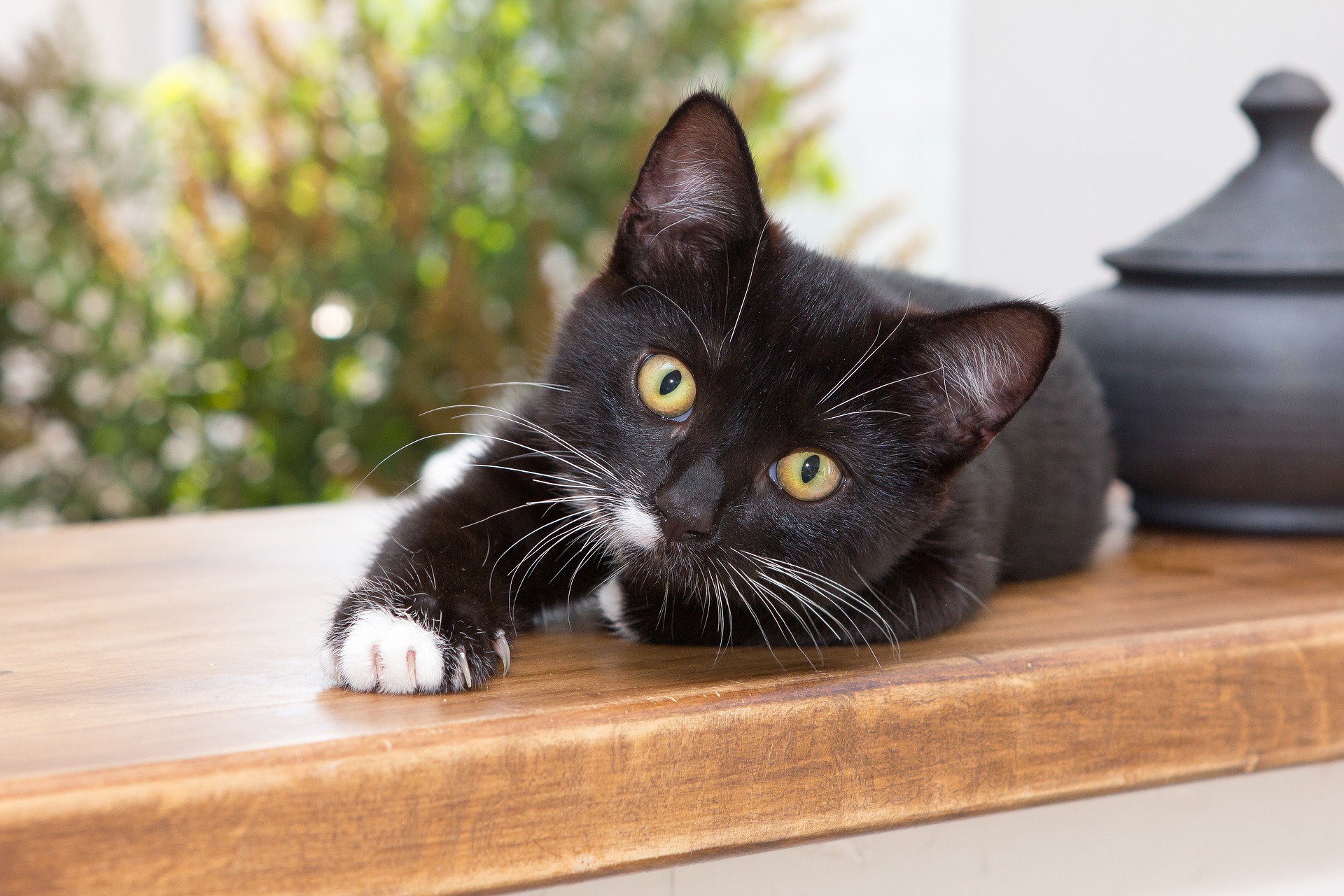
Cats can be good pets with young kids, but it’s important to find a cat who has the right temperament to be calm and happy around children. A cat who is laid-back and social will often be the best option for a home with young kids, but it’s also important to supervise kids and teach them about the cat’s boundaries.
Birds
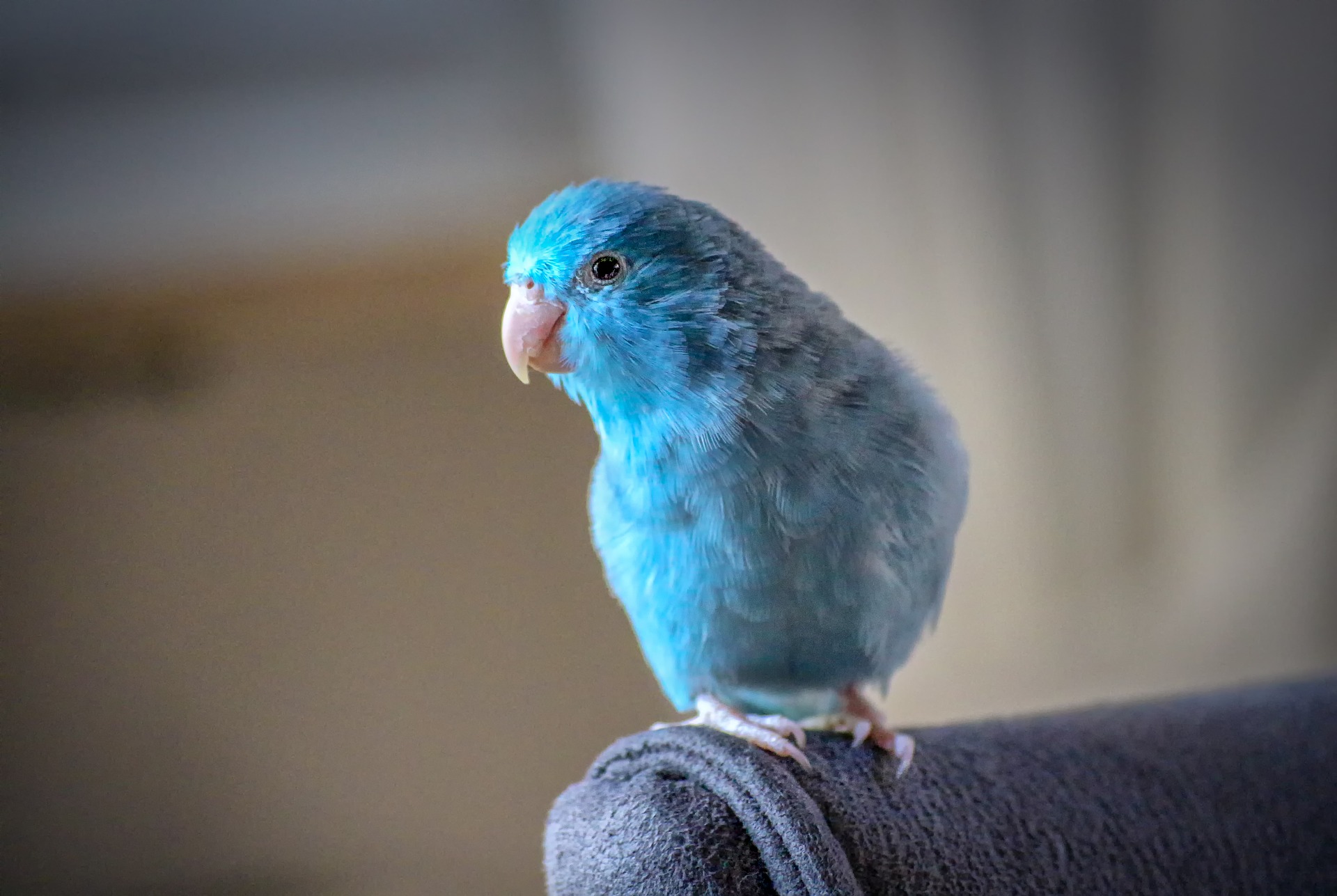
A bird can liven up a household and provide plenty of entertainment for young kids. Birds are available in many different sizes, so this type of pet may be a good fit no matter what size your home. Many birds have longer life spans, allowing your child to share many years with this type of pet.
Pet and child safety
While some types of pets are better suited to life with young kids than others, it’s always essential to carefully supervise kids anytime they’re around a pet. Remember that pets are individuals, too, so even if a type of pet typically does well with children, you just might find a dog, cat, or another pet who really doesn’t enjoy the situation.
Having a pet means that you’ll need to talk to your child about how to safely handle that pet. This is a good time to teach rules about boundaries and respecting a pet’s space. Even when a child seems to understand those rules, never leave your child alone with a pet. Instead, always carefully supervise interactions to help keep both the pet and your child safe.
The decision to get a pet is a big one, so put plenty of thought and planning into it. If you’re worried that your child may be too young, there’s nothing wrong with waiting a year or two. Being extra cautious can help ensure that when you do welcome a pet into your home, it’s a positive event for everyone involved.
If you want to know more about any type of pet you might get, PawTracks got you covered

